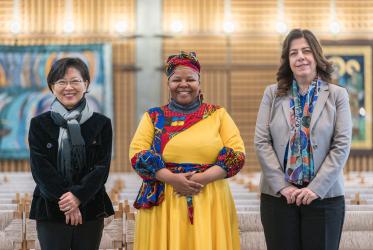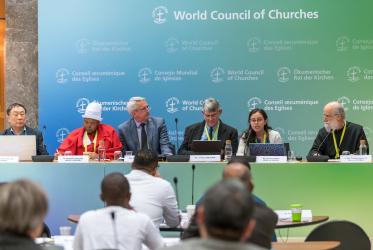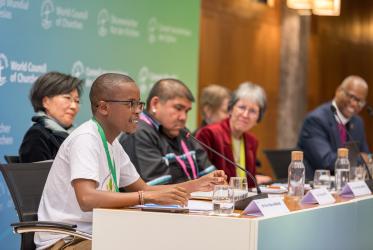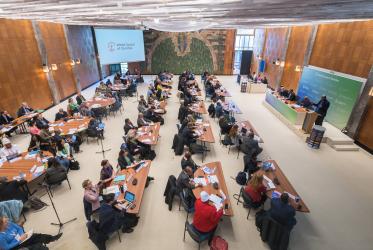Displaying 1 - 20 of 1378
Is health the same for all?
17 April 2024
Trois commissions du COE élisent leur vice-présidente
14 March 2024
Three WCC commissions elect vice moderators
08 March 2024











